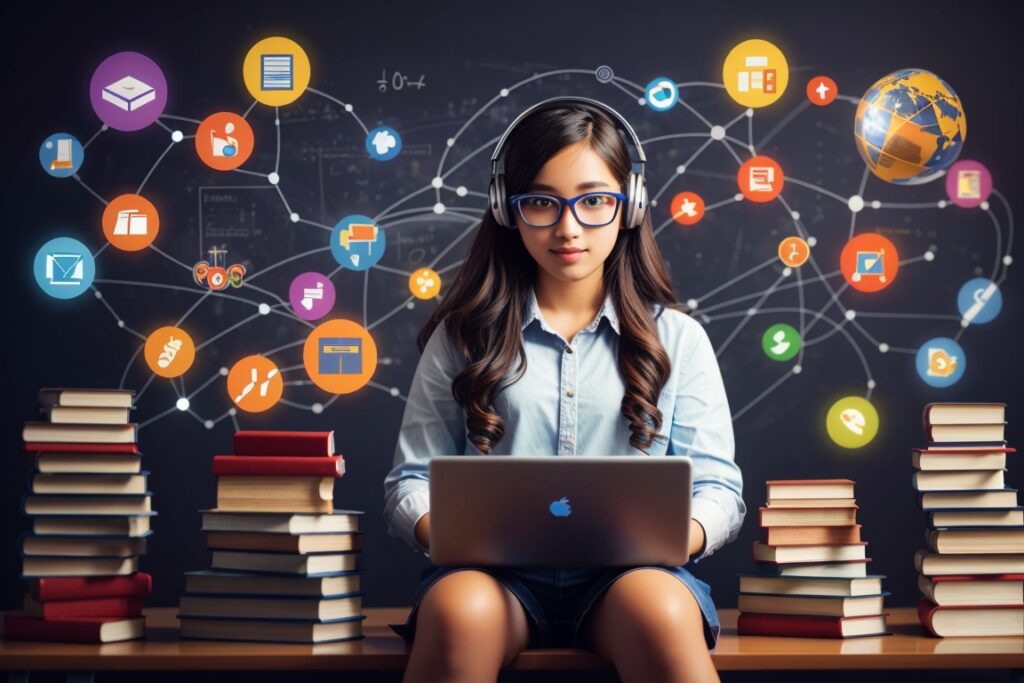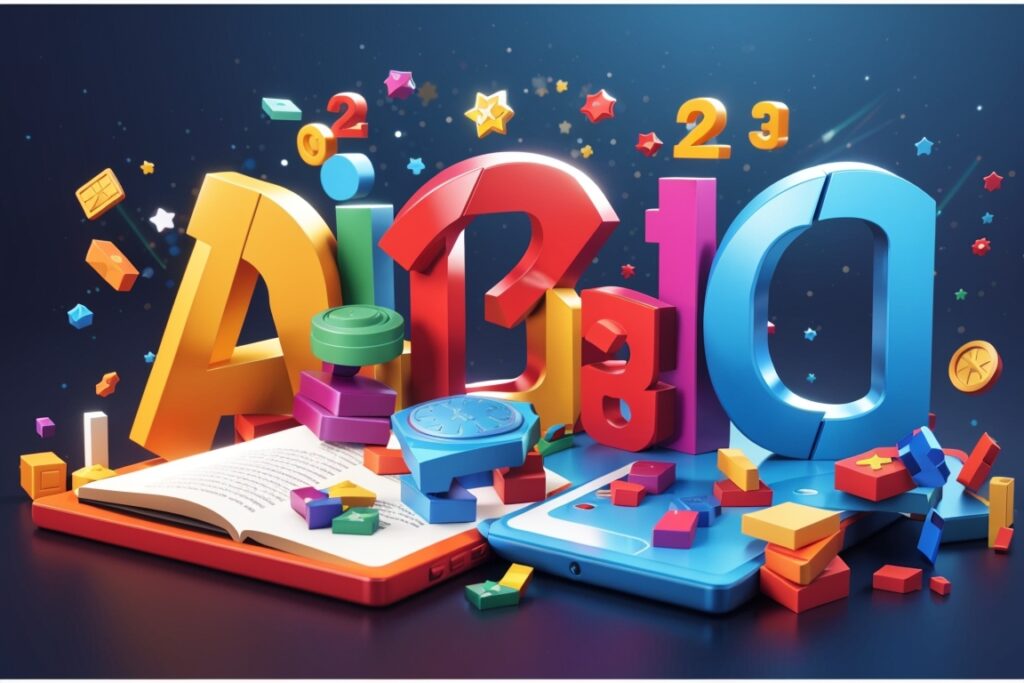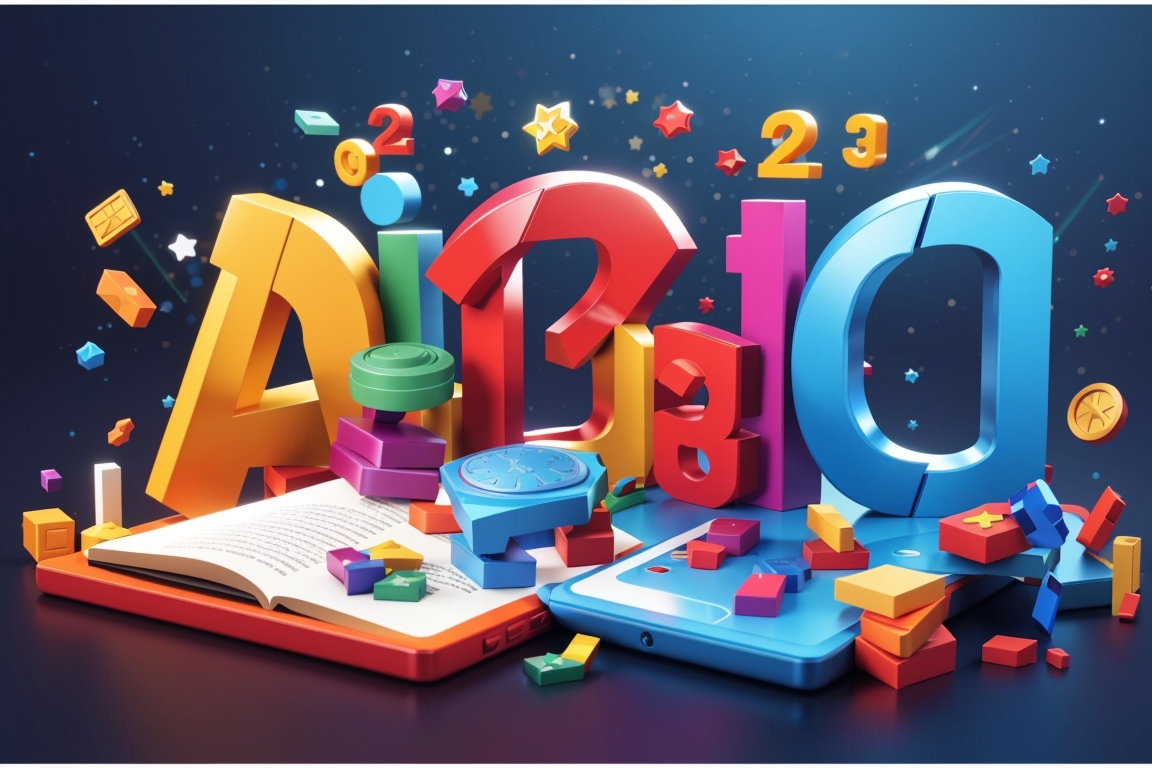
Introduction: In the dynamic landscape of education, one trend has emerged as a beacon of innovation and engagement: gamification. As we step into 2024, the integration of game elements into learning experiences continues to reshape traditional education paradigms. From elementary classrooms to corporate training programs, gamification has proven to be a transformative force, harnessing the latest advancements in AI technology to create immersive and effective learning environments.
The Rise of Gamification: In recent years, the adoption of gamification in education has skyrocketed, driven by its ability to captivate learners and enhance retention rates. With the advent of sophisticated AI algorithms, educators now have access to personalized learning platforms that adapt to individual student needs. These platforms leverage gamified mechanics such as rewards, badges, and leaderboards to motivate learners, making the educational journey both engaging and rewarding.
The Role of AI in Gamified Learning: AI has revolutionized the way gamification is implemented in education. Through data analytics and machine learning algorithms, educational platforms can track student progress in real-time, providing actionable insights to instructors. Adaptive learning systems powered by AI can dynamically adjust the difficulty level of tasks based on student performance, ensuring a customized learning experience for each learner. Furthermore, AI-driven chatbots and virtual assistants offer personalized support to students, answering questions and providing guidance whenever needed.
Engagement and Motivation: One of the key benefits of gamification in education is its ability to foster intrinsic motivation among learners. By incorporating game-like elements such as challenges, quests, and narrative-driven scenarios, educators can create a sense of autonomy and mastery within the learning environment. AI algorithms play a crucial role in designing personalized learning paths that align with each student’s interests and goals, keeping them motivated throughout their educational journey.

Enhancing Collaboration and Social Learning: In addition to individualized learning experiences, gamification in education promotes collaboration and social interaction among students. Multiplayer games and collaborative tasks encourage teamwork and communication skills, preparing students for the collaborative work environments of the future. AI-powered recommendation systems can connect learners with peers who share similar interests or learning goals, facilitating meaningful connections and knowledge exchange.
Measuring Success and Performance: With the help of AI-driven analytics, educators can accurately measure the effectiveness of gamified learning experiences. Data metrics such as completion rates, time-on-task, and mastery levels provide valuable insights into student performance and engagement. By leveraging this data, instructors can identify areas for improvement and refine their teaching strategies to better meet the needs of their students.

Challenges and Considerations: While gamification holds tremendous potential in education, it also presents certain challenges and considerations. One concern is the risk of over-reliance on extrinsic rewards, which may undermine intrinsic motivation in the long run. Additionally, ensuring inclusivity and accessibility for all students, including those with diverse learning needs, remains a priority. Educators must also address concerns related to data privacy and security when implementing AI-powered gamified learning platforms.
Future Outlook: As we look ahead to the future of education in 2024 and beyond, gamification will continue to play a central role in shaping the learning experiences of tomorrow. With advancements in AI technology, the possibilities for innovative and immersive educational games are endless. By embracing gamification as a powerful tool for engagement and motivation, educators can empower students to become lifelong learners in an ever-evolving world.
Conclusion: In conclusion, gamification represents a paradigm shift in education, harnessing the power of AI to create engaging and effective learning experiences. By leveraging game mechanics and personalized learning pathways, educators can cater to the diverse needs of students and foster a culture of continuous learning. As we navigate the educational landscape of 2024, gamification stands out as a beacon of innovation, promising to revolutionize the way we teach and learn in the years to come.

